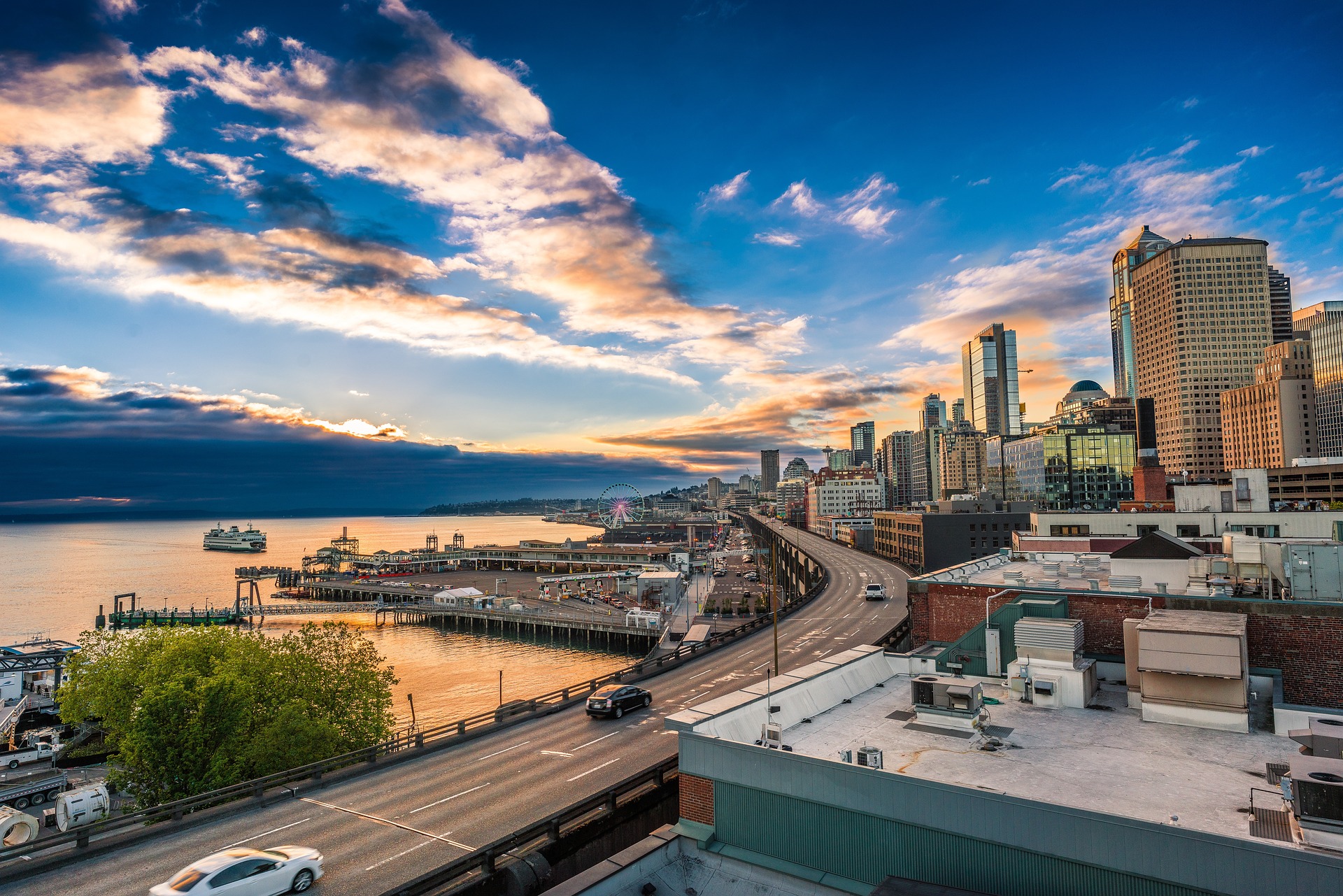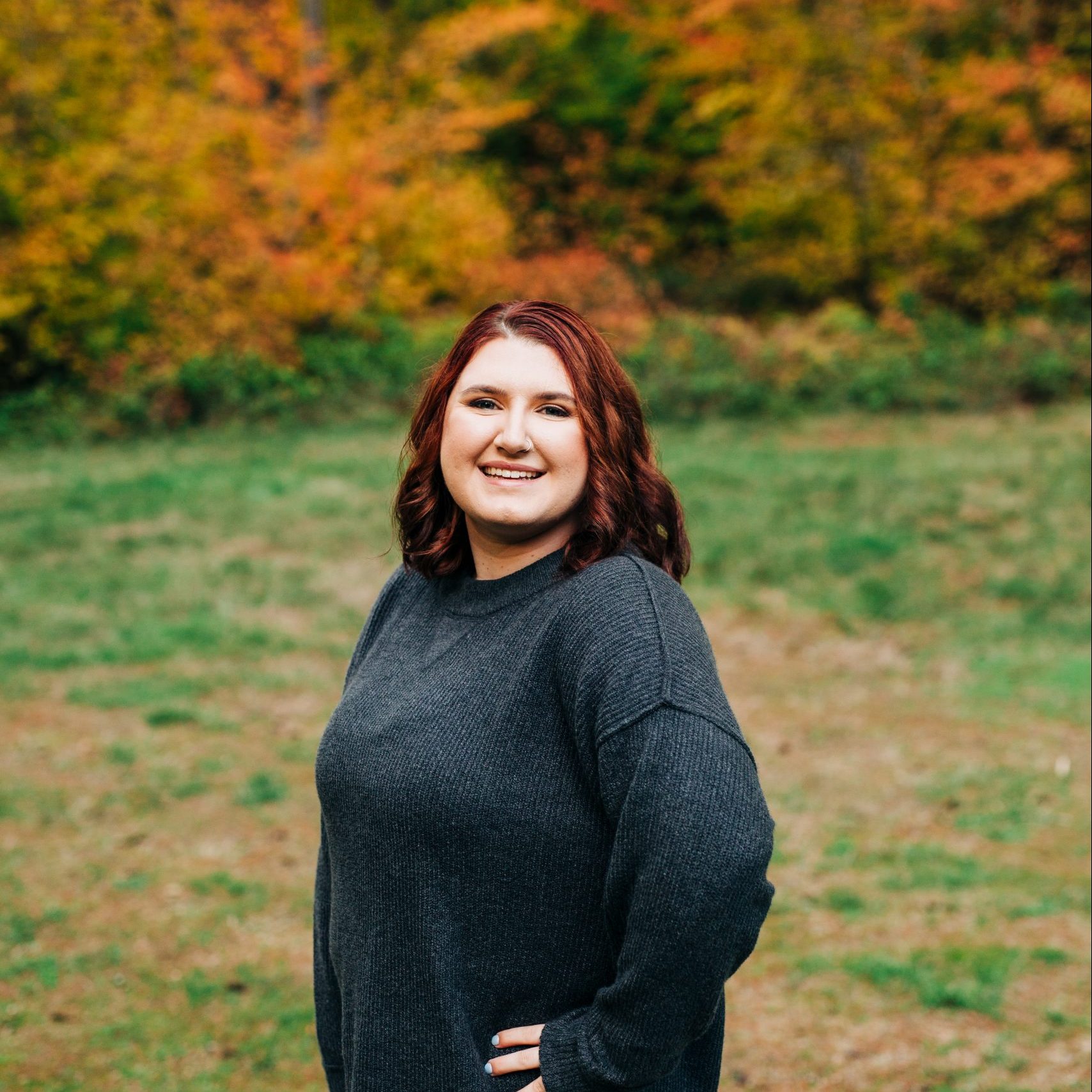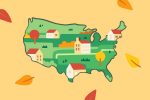Have you ever wondered what living in the Pacific Northwest would be like? Do you imagine coffee shops on every block and beautiful scenery everywhere you look? Well, you’re half right. Nevertheless, there is much more to this area of the United States than meets the eye. As someone who has lived in Oregon and Washington for most of my life, I know the Pacific Northwest is not entirely like what outsiders envision it to be. While it seems like a quiet and calm place to live, there are a few things to remember before packing up to make the move.
Predictable Weather? What’s That?
The Pacific Northwest has unpredictable weather patterns. One moment it’s raining, an hour later it’s bright blue skies and sunshine as far as the eye can see. It’s not just the daily weather, either. The Pacific Northwest gets snow during March and April when it’s supposed to be rainy. When it’s not snowing or raining, it’s overcast and cold; this can make summers feel like winters.
It’s Expensive To Live Here
While living in the Pacific Northwest sounds like a dream, the reality is much more expensive. According to SoFi, the cost of living in Oregon averages out to $47,779 per year, while Forbes estimated the cost of living in Washington to be $58,445. Living here is not cheap, and finding a job to support the cost of living is even more challenging. The average cost of a one-bedroom apartment in Oregon is around $1,600, according to Rent.com. In contrast, a one-bedroom apartment in Washington can average $1,800 to $2,000, depending on where you want to live.
High Sales Tax or High Income Tax
Washington boasts one of the highest sales tax rates in the country, beginning at 6.5%. Furthermore, each city adds its own tax on top of the existing sales tax. If you spend $200 on groceries in Vancouver, you pay $200 plus the 6.5% state tax and the 2.19% city tax; your purchase comes out to around $217.40. Oregon doesn’t charge sales tax. Instead, the state has an average of a 9.9% income tax rate on top of city and federal taxes you pay.
You’ll Get a Taste for Coffee Fast
If you didn’t like coffee before moving here, you’ll grow to like it very quickly. Travel Oregon says, “Coffee isn’t just a beverage in Oregon. It’s a culture.” Coffee is a big deal here, and we’re not talking about scooping Folger’s into a mug and pouring hot water over it. Most coffee shops in the Pacific Northwest source from local roasters. Chapters Books & Coffee, located in Newberg, Oregon, sources their drip coffee and espresso beans through Bespoken Coffee Roasters and Caravan Coffee, both local companies.
Shopping Locally Is the Way To Go
Alongside coffee culture, shopping locally is also big in Oregon. There are farmer’s and art markets, such as the Portland Saturday Market, for small businesses to showcase their products. Even walking down the street in Portland, you can find small businesses like SaySay Boutique, Animal.Plant.Mineral. and many others. Shopping at small, local shops is a great way to support the local economy rather than outsourcing.
Whether you’re looking to find a new place to start fresh or you want to go exploring, the Pacific Northwest is a great place to visit. Between the hikes and the happenings in Portland, you’ll have plenty to keep you busy. The cost of living might be high, and the city can get a little overwhelming, but it is a great place to live, and an even better one to call home.















